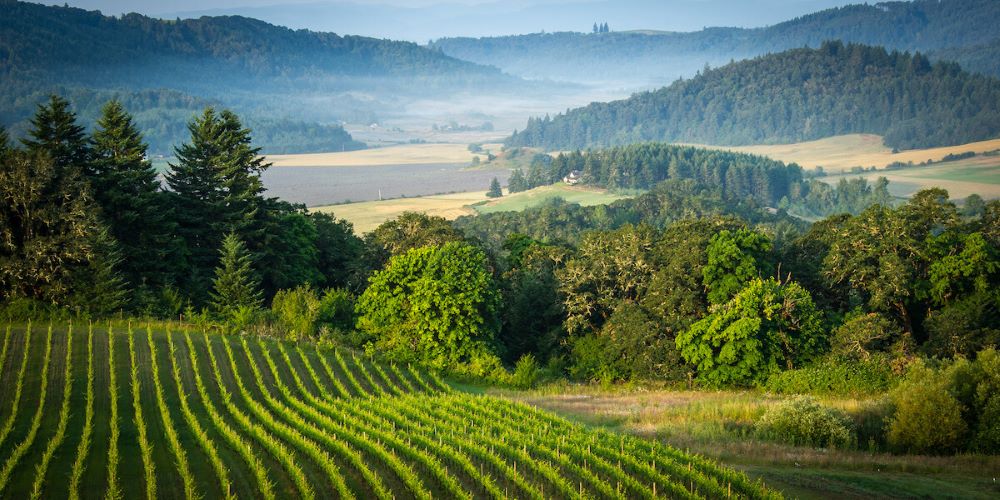Transitioning to Organic: Steps and Certifications in Oregon
by
Todd Longgood
|
Farming


Over the past few years, more and more people around the world are showing interest in organic produce. The reasons are numerous, as the benefits of creating a healthier environment and improving personal health are evident. Oregon stands out in this movement, especially when you explore the fertile lands of the Willamette Valley.
For farmers, the motivation to switch to organic farming comes from both the desire to improve the environment and the potential for making more money to meet rising demand. However, shifting to organic farming is not easy. It requires dedication, adherence to strict rules, and a genuine interest in long-term sustainable farming.
Oregon lands are not only fertile but also located in areas that support organic farming practices. Reach out to The Whitney Land Company today to learn more about these land opportunities and take a step toward sustainable and profitable farming.
